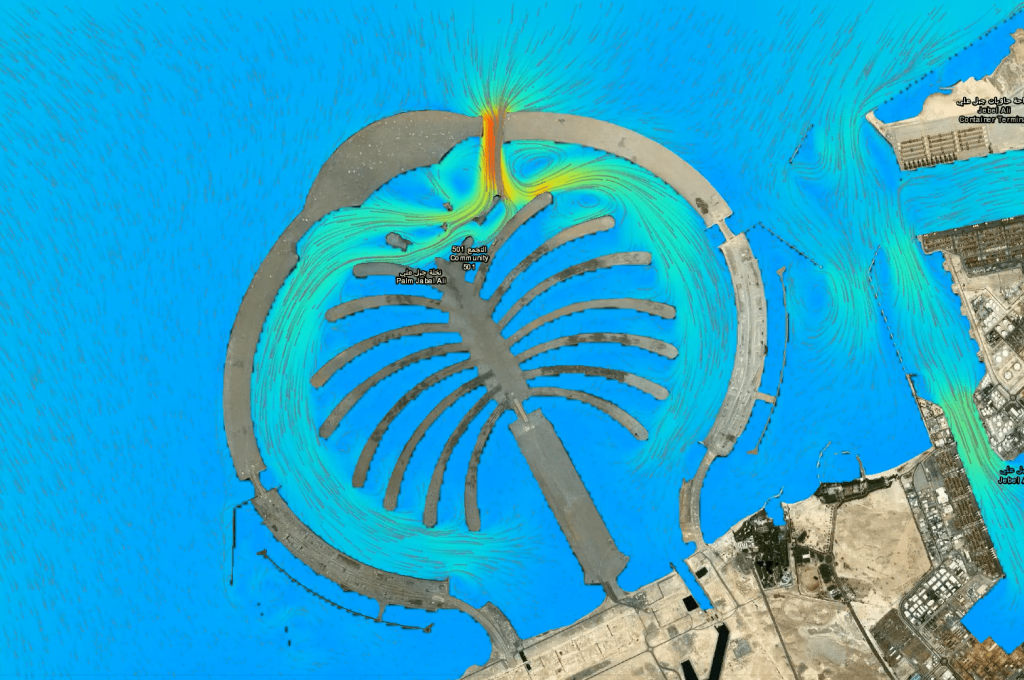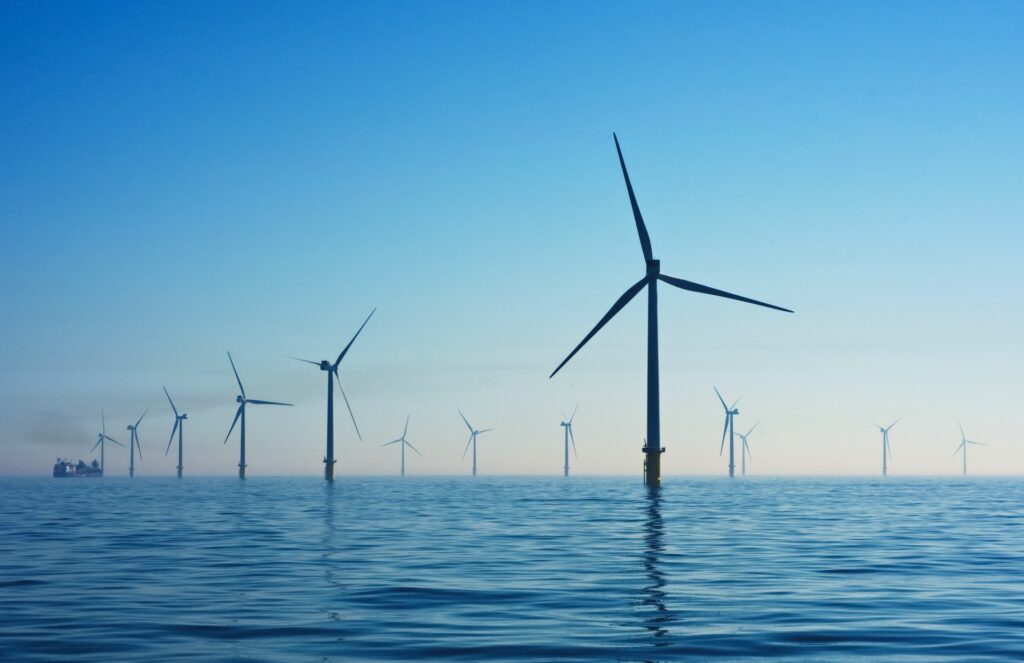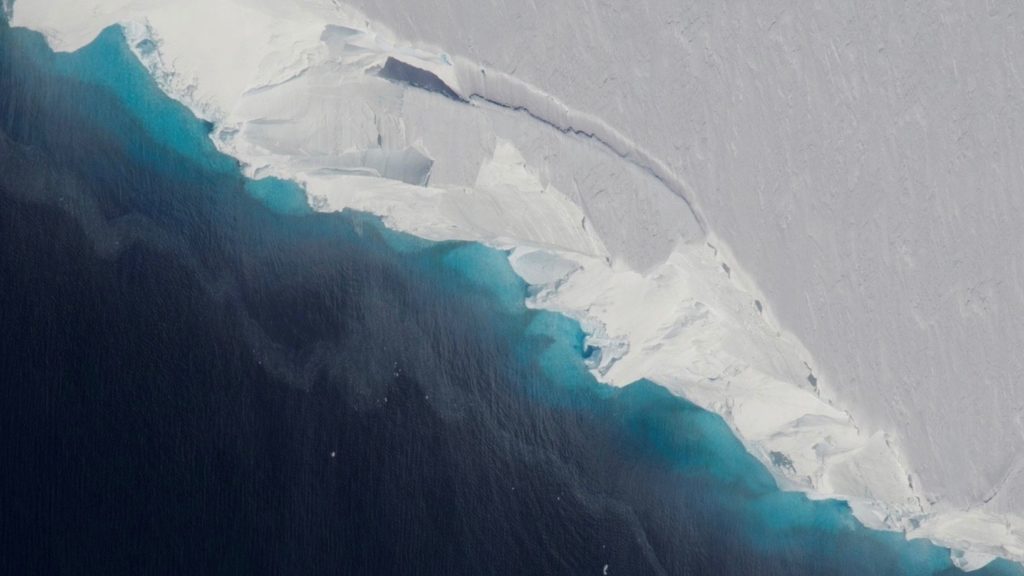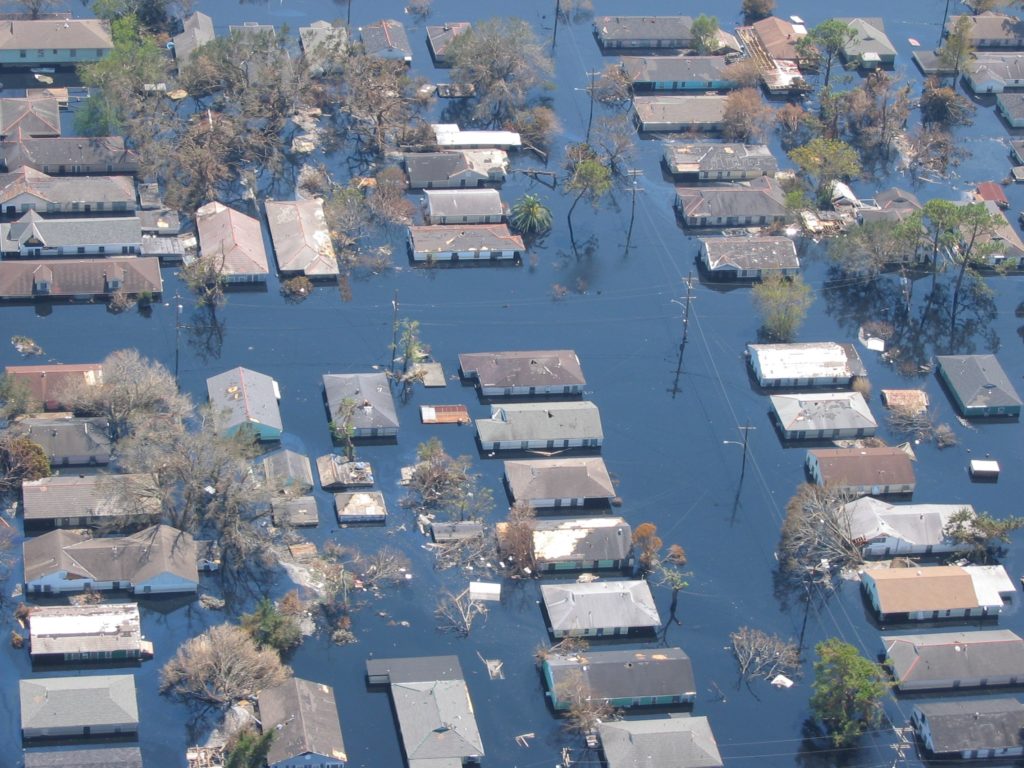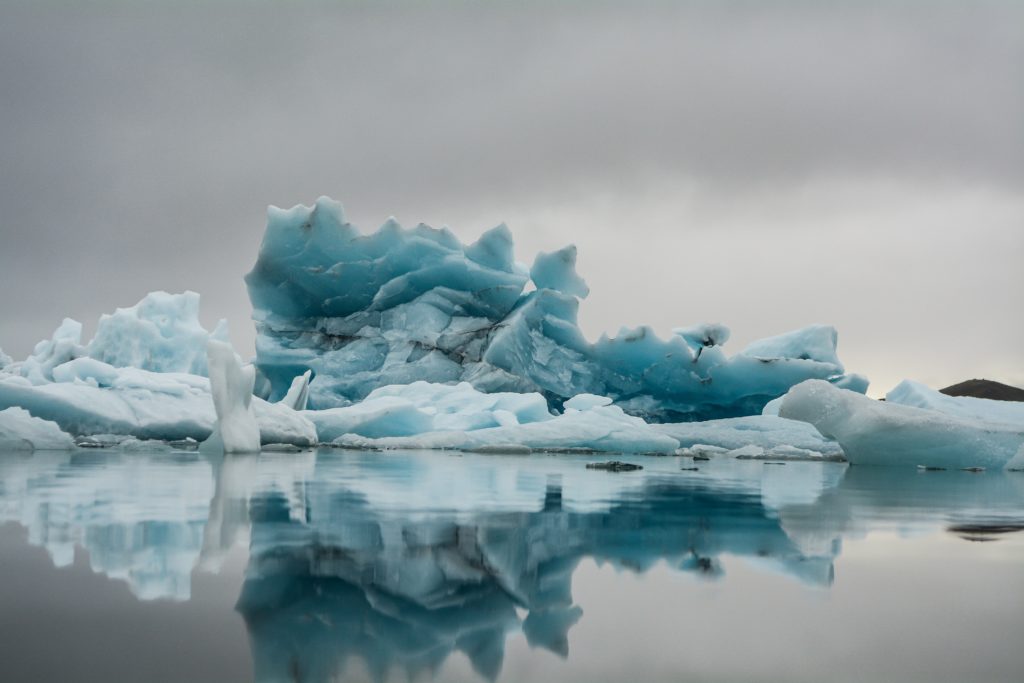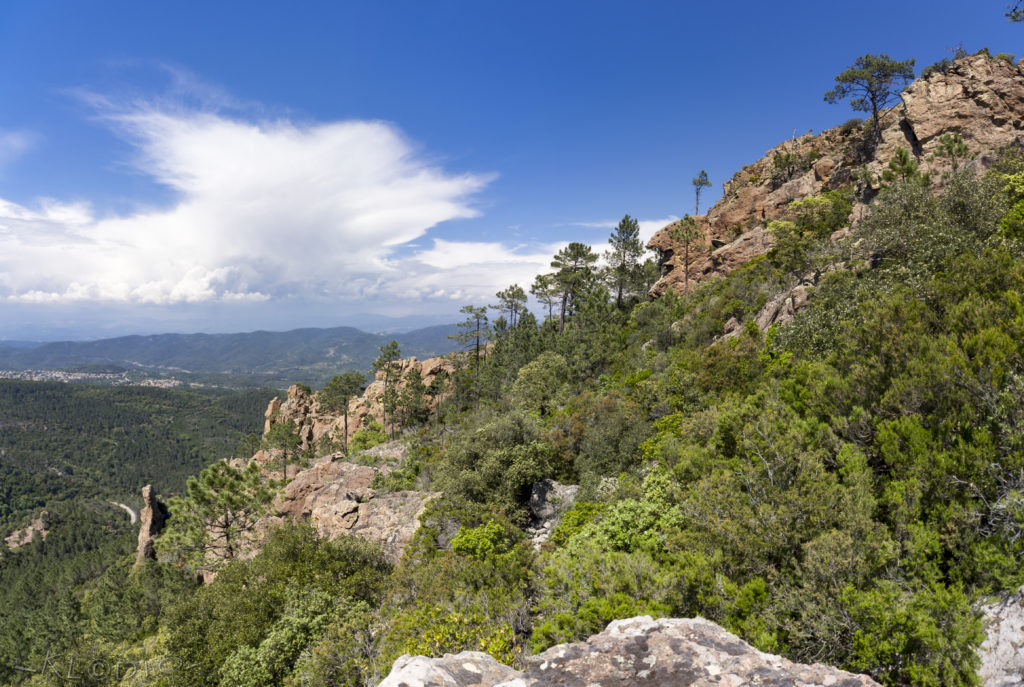
Loss and Damage
Over 30 years of international debates around climate-related loss and damage (L&D) and there is still no agreed upon definition. Negotiators, scientists and experts, both in developed and developing countries, often have different and even conflicting understandings of L&D, which has always been associated with controversial issues such as calls for justice and responsibility, state liability and compensation. The key issues of L&D in the realms of policy and science.

